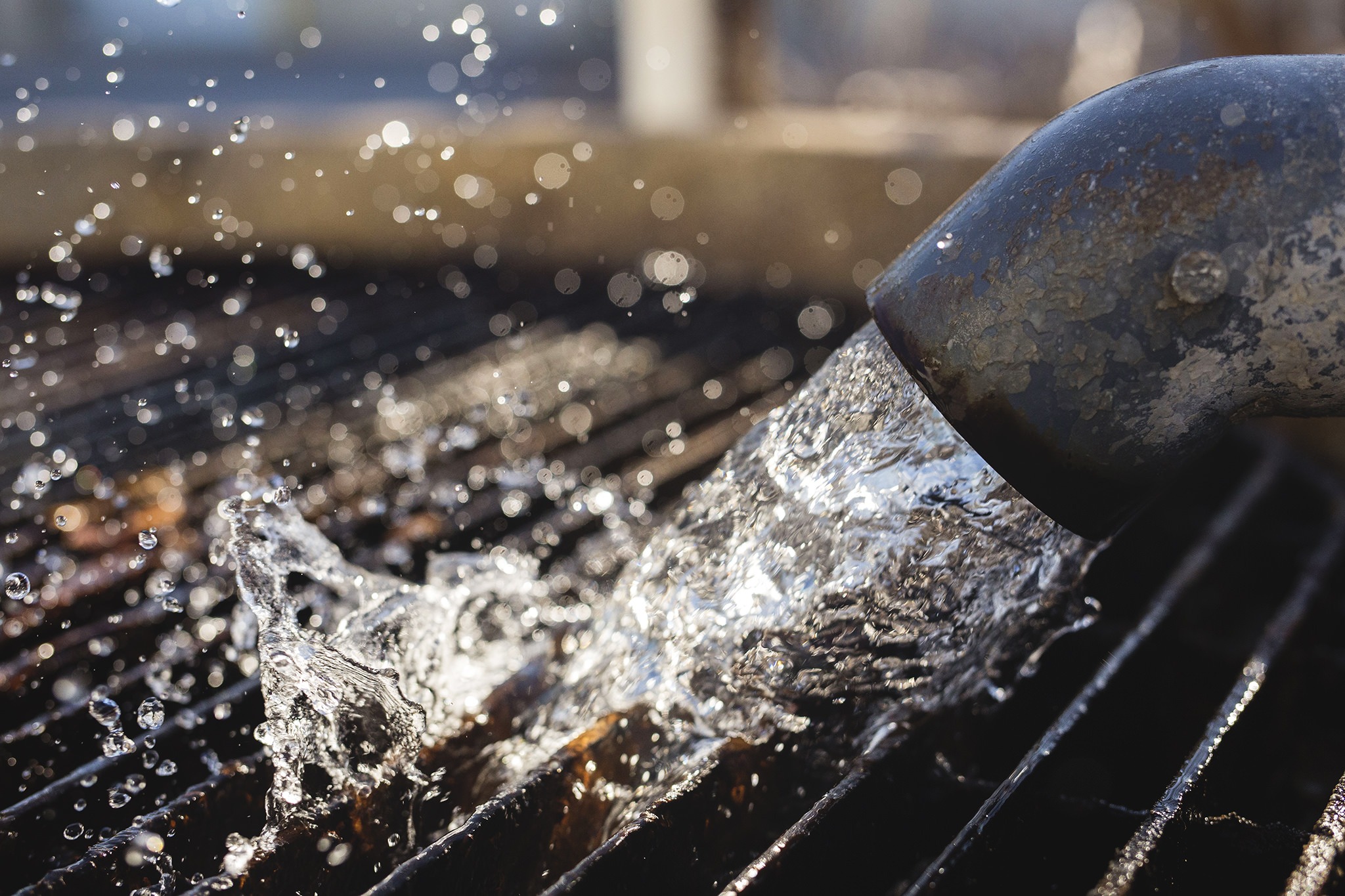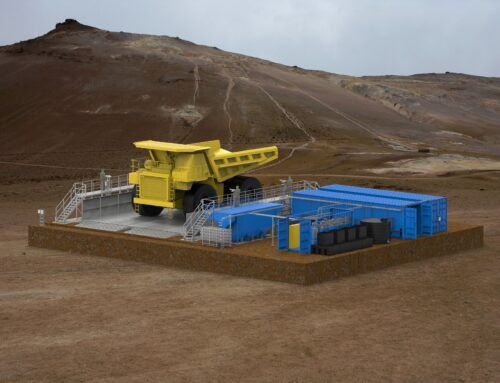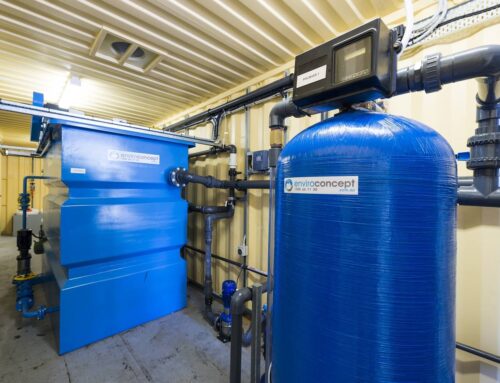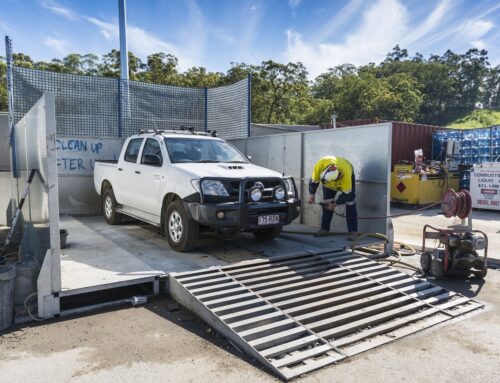For any business producing contaminated water, there are legal and ethical obligations to ensure this water is properly treated before being released back into the environment. Despite this, many businesses are unaware of their obligations or believe it is too expensive to be compliant.
In this article, we’ll run you through why wastewater must be treated, how this can be accomplished and some of the most sustainable ways to integrate wastewater treatment into your workflow.
What is wastewater?
By definition, wastewater is the product of water that has been altered so that it cannot be reused. This is generally through the addition of solids, bacteria, human wastes, oil, grease or fat, or the addition of poisonous substances like pesticides, detergents, synthetic chemicals and heavy metals. The term wastewater also includes things like stormwater pollution, irrigation, sewage and surface runoff.
To learn more about stormwater management, click here.
Why does wastewater need to be treated?
When discharging water into council sewers a minimum level of water quality must be met to reduce the load on Council treatment facilities. Typically councils require Oil levels to be reduced and solids to be removed.
Depending on local legislation, the discharge of untreated wastewater can also see companies liable for hefty government fines.
How is wastewater treated?
Contrary to common perception, wastewater treatment requires much more than just passing water through a filter. There are multiple steps involved with effective water treatment before it can be graded as Class A effluent – the highest quality of recycled water in most Australia States.
In order to identify the most effective treatment process, initial effluent parameters must be set by obtaining water samples. This ultimately determines the most appropriate methods and products for the project.
When considering the best wastewater treatment for your business, there are a few vital questions you should be asking. Some of these include:
- What is the anticipated effluent flow rate?
- What is the capacity and type of wash equipment?
- How many washes are conducted per day?
- How long does each wash take?
- What contaminants do you expect to see in your wastewater?
- Can you source a water quality analysis report?
- How are you going to use or discharge water after treatment? (Example: water recycling & reuse, discharge to sewers, irrigation fields, waterways, etc)
- What are your requirements or legal obligations for discharged water quality?
Wastewater treatment for car washes and machinery or equipment cleaning
Without appropriate wastewater treatment processes, car or equipment washes have a high potential for producing wastewater pollution.
Common contaminants found in detailing wash water include things like oil and grease. These materials contain substances like lead, zinc, benzene, chromium, pesticides, arsenic, nitrates and other metals. Moreover, phosphates, hydrofluoric acid and ammonium bifluoride products found in washing detergents can also be extremely harmful to the environment.
Depending on the use of the vehicles or machinery, wash water may also contain suspended solids and heavy metal materials.
Treated wastewater: Removing suspended solids from your wash water & runoff
At Enviroconcepts, we’ve designed our Continuous Media System (CMS) to conduct initial filtration for high suspended solids wastewater and wash bay effluents. The CMS filter efficiently removes up to 95% of suspended solids, producing water that is largely free of sediment.
To ensure complete and effective wastewater treatment, the CMS is used to pre-treat water before using our oil water separators, deep bed media filters and membrane separation processes.
Some of the applications for using our CMS include:
- Suspended solids, sand and grit
- Light and heavy commercial vehicle wash bays
- Mining equipment wash facilities
- Treatment for industrial wash effluents
- Water recycling pre-treatment
- Mechanics & automotive workshops
- Treat stormwater and groundwater
- Resource industries
- Quarantines and weed / seed hygiene
Developing wastewater treatment facilities for your business
Regardless of industry, ensuring your processes are compliant with Australian guidelines for water treatment is vital. To learn more about wastewater treatment and recycling for your business, get in touch with our expert consultants today for a free project estimate.




